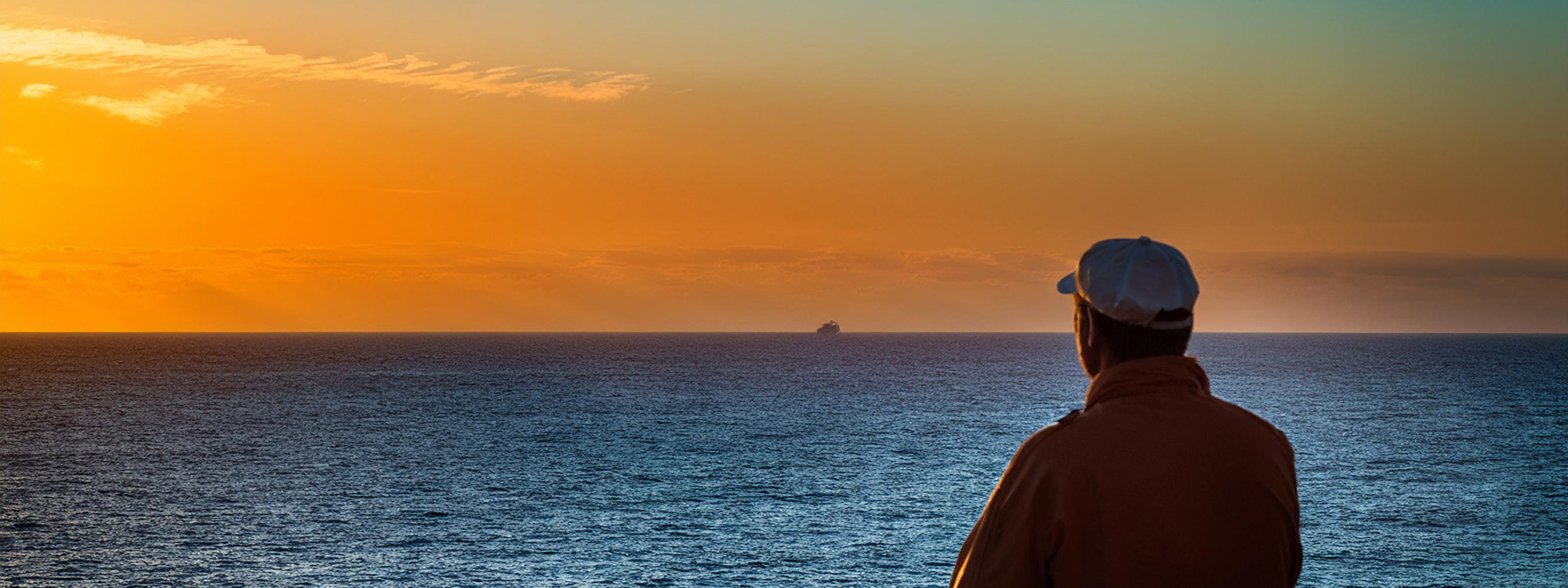| |
We care a lot more about what we see than what we don't. Ethan Edwards is the co-founder of Virtuous Pedophiles. Blog posts reflect his personal views, and are not statements from the organization. We care a lot more about what we see than what we don't.Tsunamis and earthquakes are big news stories and call forth our sympathy. Everyday suffering is not newsworthy and never comes to our attention, even if it is actually more serious. People get upset about multiple-victim shootings, but when you look at the statistics, the great majority of the victims of gun violence die one person at a time — none of them a national news story.
There are strong reasons to resist this natural tendency. Sensational crimes such as the sexual abuse and murder of children are news precisely because they are so rare, and guiding policy from them has led to such travesties as public sex offender registries. Most actual sexual abuse of children is done by men who have never before been arrested. These sensational crimes also give pedophiles a bad name, while ordinary men are proportionally more likely to commit such crimes against grown women — they are so common they do not make national news.
CP is an interesting case because most people never see it. But the police see it. It leaves indisputable evidence of a crime. As police convey (even in the vague terms they use) the contents of the videos and pictures, this second-hand report seems to have the same effect and people are outraged. We can be sympathetic when victims of unrecorded child sex abuse recount what they have suffered, but there is always that lingering doubt as to whether perhaps their memories are faulty. A video record removes all doubt. It also rules out an impulsive act done in a moment of weakness — someone took the trouble to set up a camera in advance. Distributing the recording to others also rules out regrets after the fact, and compounds the crime.
There is a natural tendency to feel rage at the people who make such videos. But the problem is that it is rarely possible to find them — the recordings were usually made thousands of miles away and years in the past. Feelings are running high for punishing someone — and the people who can be found are are those passively watching it.
Without doubt the vast majority of child sex abuse is never recorded at all. A tiny proportion is recorded and released into the dark web and seen thousands of times. Michael Seto in <"Internet Sex Offenders"> highlights a middle case — abuse that is recorded but never distributed. He says 3/4 of those who make it don't distribute it, but just keep it for their private collection. A key argument for making CP viewing illegal is that it fuels a market for the creation for more. If 3/4 of the producers never distribute it at all, surely demand has nothing to do with their activity. It makes clear what a tiny portion of child sex abuse could even possibly be committed by the hope that recordings of the act will be viewed a lot. (The evidence that this tiny portion is actually influenced by viewing statistics is also extremely weak.)
What else distinguishes child sex abuse that is recorded and distributed? Could it perhaps be especially vile? Although possible, Michael Seto reports that it is rare to find CP in which the child is not smiling and it is not popular with typical CP viewers.
Another aspect is that victims report distress knowing that men continue to masturbate to images of their past abuse. I'm sure this is true. What victims suffer is often horrible, and this knowledge could deter men from actually using the images in this way. And yet this is a rather weak argument for a legal prohibition. It concerns not the entirety of what they suffer — the abuse and knowledge that it was recorded can't be changed. It concerns only the additional suffering from knowledge that the material is widely available to others. I doubt any scientific studies have documented this additional harm.
My main point is that while the prohibition on the making of CP is justified, it has the potential to reduce only the tiniest fraction of child sex abuse. It comes to our attention because the record of the abuse is there for all to see and the police publicize its existence. The prohibition on viewing CP that has been made previously has only the tiniest potential influence on the CP production that is the most infinitesimal sliver of all child sex abuse.
What really fuels the sense that CP viewing should be a serious crime is that it is . Instead of enjoying the fact of a child's suffering, CP viewers are mostly troubled men dealing with their sexual attraction in a way that is but does not directly harm children. There is that it might reduce such direct harm.
If our real goal is to reduce overall child sex abuse, going after men whose only crime is the viewing of CP is nearly useless and surely not worth the resources society invests.
About the author: Ethan Edwards is a pseudonym. I am a pedophile, always celibate, and I have never seen child pornography. My attraction is strongest to girls around 4 years old, but I am also attracted to girls and women up through their 30s or beyond. Now in my late 60s, I'm divorced and living alone. I was married for over 10 years and was heavily involved with raising my 3 daughters. For most of my career I was a successful software engineer. I am very unusual for a pedophile in that I didn't realize that I was one until I was in my 50s—but it was there all along. I am angry that we all must remain silent or risk losing everything. That was my mindset when I co-founded Virtuous Pedophiles in 2012. I soon learned of the the terror of the typical pedophile who realizes as a teenager that his attraction isn't going to go away, who has nowhere to turn for help. The injustice I am most passionate about is the harsh legal penalties imposed on pedophiles who passively view illegal images of children. I stepped down from my role as a director of Virtuous Pedophiles early in 2024 and am delighted to pass the mantle on to a younger generation. This content was taken from Ethan's longstanding blog, Celibate Pedophiles. Some of the titles and taglines have been edited for their inclusion at thepword.
You can see an earlier version of the blog at the wayback machine. | |






 privilege is not a helpful framework
privilege is not a helpful framework thread: where do anti-contacts come from?
thread: where do anti-contacts come from? how can you want to keep an attraction you can never act on?
how can you want to keep an attraction you can never act on?